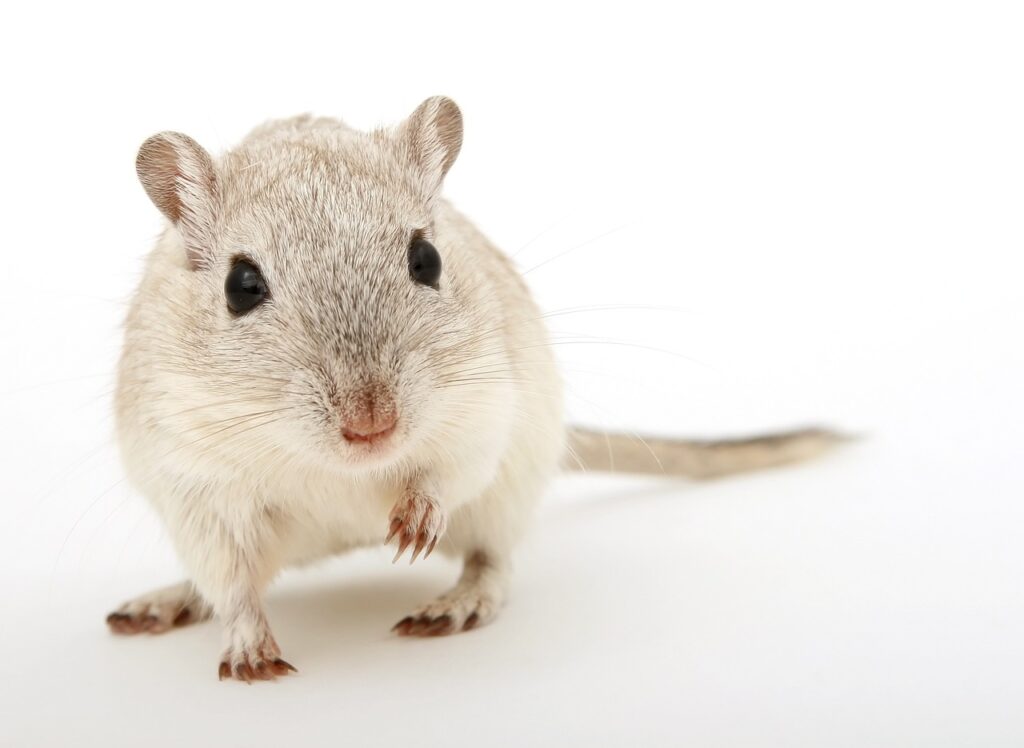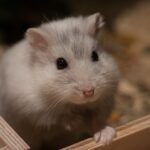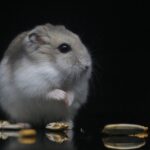Can Hamsters Eat Avocado?
Avocado, a popular and nutritious fruit for humans, should be avoided when it comes to feeding hamsters. Although it may seem harmless, avocado can have detrimental effects on a hamster’s health. Understanding why avocado is not recommended for hamsters is crucial to their well-being and overall care.
The Dangers of Avocado for Hamsters
Avocado contains a substance called persin, which may not pose a significant threat to humans but can be toxic to many animals, including hamsters. Persin is found in various parts of the avocado, including the fruit, seed, and even the skin. When ingested by hamsters, persin can lead to severe health concerns.
Potential Symptoms and Reactions
If a hamster consumes avocado, it may experience a range of symptoms and reactions. These can vary from mild to severe, depending on the hamster’s size, overall health, and the amount of avocado ingested. Common symptoms may include diarrhea, vomiting, difficulty breathing, and even heart problems. It is essential to watch for any signs of distress or abnormal behaviors in a hamster that has consumed avocado.
Safe Food Alternatives for Hamsters
To ensure the well-being of your hamster, it is crucial to provide them with safe and suitable food alternatives. Opt for fresh fruits and vegetables that are hamster-friendly, such as apples, carrots, cucumbers, and blueberries. These alternatives can provide essential nutrients without posing any risk to your furry friend’s health.
Preventing Access to Avocado
Preventing your hamster from accessing avocado is vital in ensuring their safety. Here are some tips and measures to follow:
1. Store avocados securely: Keep avocados in a closed container or a sealed bag, out of your hamster’s reach.
2. Educate family members: Inform everyone in your household about the dangers of avocado for hamsters and the importance of keeping it away from them.
3. Proper waste disposal: Ensure that any leftover parts of the avocado, such as the pit and skin, are disposed of properly to prevent accidental ingestion by your hamster.
4. Supervision: Always supervise your hamster during playtime or when they are exploring new spaces, as this will help prevent them from coming into contact with any potentially harmful substances.
Conclusion
In conclusion, hamsters should not be fed avocado due to its toxic effects on their health. The presence of persin in avocado can be detrimental to a hamster’s well-being, potentially leading to various health issues. It is crucial to prioritize the safety and care of your hamster by providing them with safe food alternatives and taking measures to prevent access to avocado. Responsible pet care involves being well-informed about potential risks and making informed choices for the health and happiness of our furry companions.






